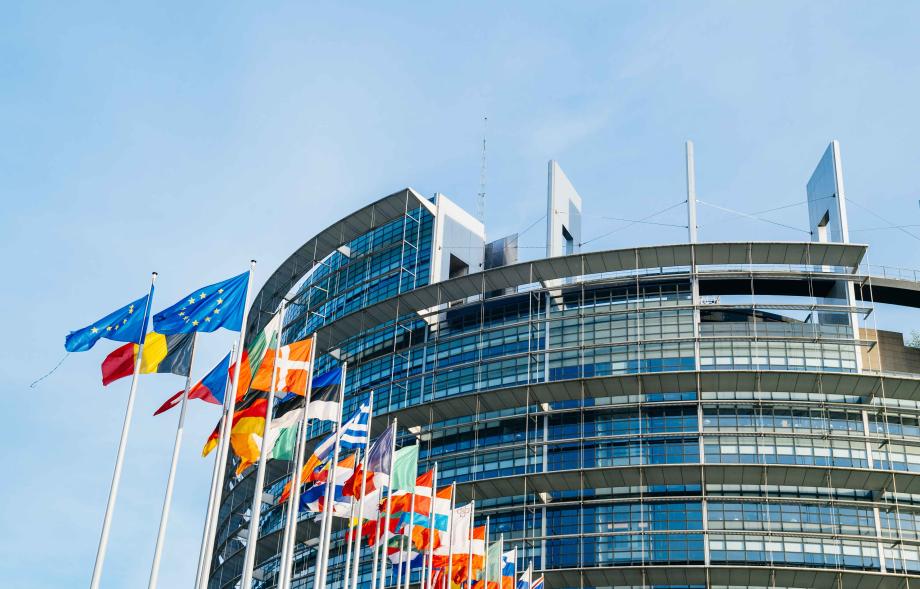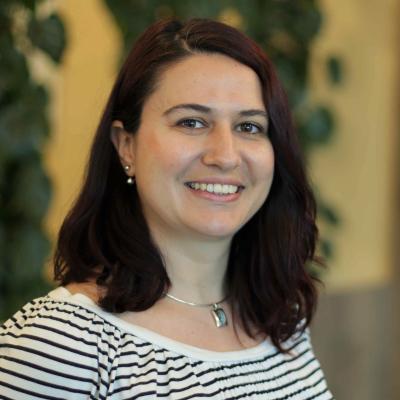Analysing Political Acceptability of Reforms Among National Policymakers

The EU finds itself facing serious security threats in an increasingly polarised global environment. Against this backdrop, it is necessary to explore the perceptions and preferences of Member States (MS) towards EU foreign and security policy. This report aims to shed light on where various MS stand on a range of reforms and underused mechanisms by assessing levels of acceptability among national policymaking elites.
Focusing on the main reform proposals under consideration, as well as several underused and unused mechanisms identified between 2016–2021 by EU institutions and MS, GLOBSEC and its partner ENGAGE conducted semi-structured interviews in 14 MS and additional surveys in 13 MS. The analysis focuses on the MS where national policymaking elites were interviewed.
The data reveals a divide among MS on the acceptability of various reforms but shows that some room for negotiation exists. It suggests that:
- Some principled and, at times, proactive support for more rapid and flexible decision-making exists, although MS are not currently in agreement on immediate changes;
- The unused or under-used legal bases in the EU treaties – the so-called ‘sleeping beauties’ – are generally perceived as promising for strengthening the effectiveness of CFSP/CSDP
- Differentiated integration initiatives in CSDP are largely seen as beneficial, as demonstrated by PESCO, even as built-in complexities regarding the operationalisation and a lack of legal clarity keep MS wary of commitments to additional arrangements;
- Treaty changes, including granting more powers to the European Commission and the European Parliament, do not find wide support among national policymaking elites. Perceptions differed from country to country on when more flexible decision-making is to be applied, which ‘sleeping beauties’ should be deployed, how these arrangements should be implemented, and how to further enhance mechanisms that are already being employed.
Learn more in the full report.
* we would like to express our special appreciation to our trainees Gergő Illés, Zofia Kostrzewa, Giulia Papapietro, Benedetta Locatelli & Viktória Musilová for their contribution in the field work and research undertaken for this report.

